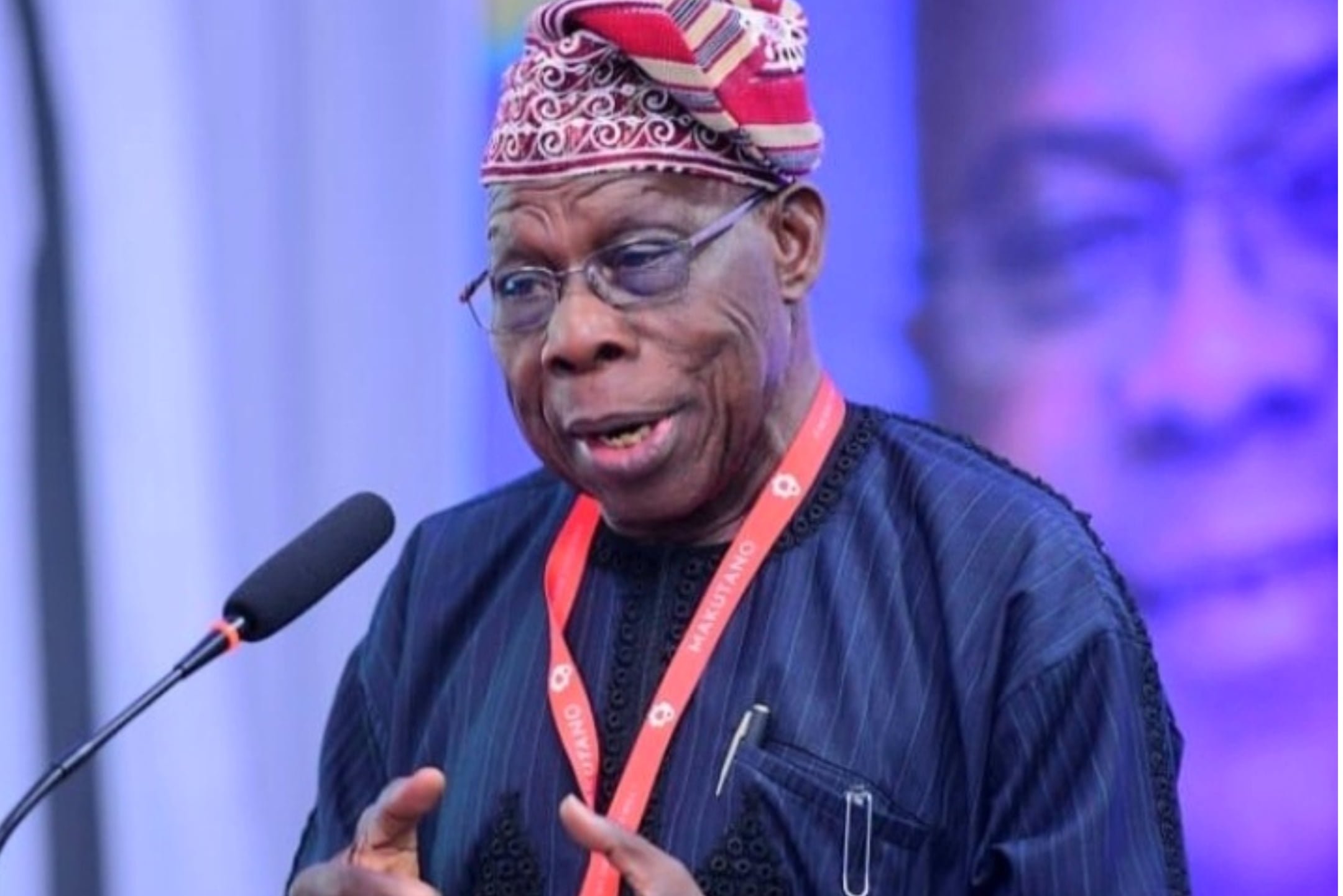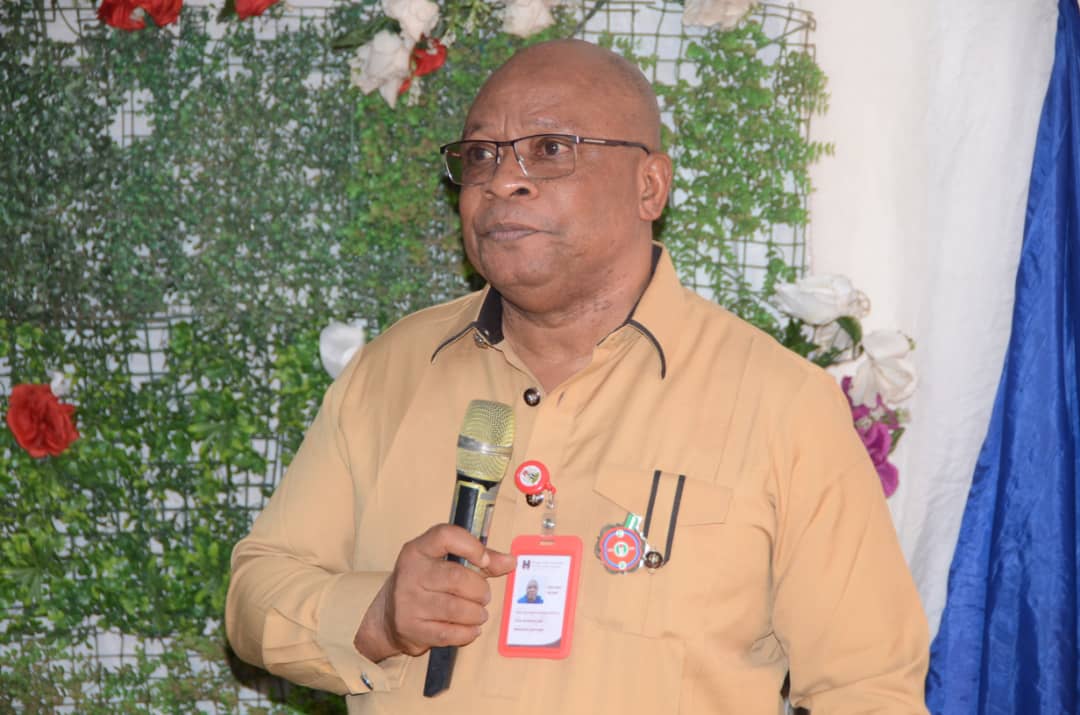Former President Olusegun Obasanjo has raised concerns over Nigeria’s failure to live up to its potential, not just for its own citizens but also for the entire African continent and the world.
Speaking at the public presentation of the book titled “Reclaiming the Jewel of Africa” penned by former Minister of Industry, Trade, and Investment, Olusegun Aganga, Obasanjo emphasized the urgent need to address the nation’s shortcomings.
In his keynote address delivered in Abuja and attended by notable figures, including a representative of President Bola Tinubu, Obasanjo candidly remarked, “Over the last 63 years, we have not lived up to expectations. We have disappointed ourselves; we have disappointed Africa; we have disappointed the black race; and we have disappointed the world.”
Acknowledging that the book written by Aganga had highlighted the way forward, Obasanjo urged the nation to confront its failures and change its course. “But the beginning of charting a new course for ourselves is to admit our failure because we have not always put the round peg in the round hole,” he said.
The former President attributed Nigeria’s struggles to several deeply rooted issues plaguing the country. He pointed out the prevalence of ego, selfishness, and religious and ethnic divisions that hinder the nation’s progress. Obasanjo asserted that these factors have hindered the country from understanding the world it inhabits and grasping the true essence of development.
Drawing attention to crucial interconnected factors necessary for holistic development, Obasanjo stressed, “These are peace and security, which we cannot achieve without justice, equity, and an inclusive society. And telling ourselves the truth, we have not done well on these scores in the recent past — in the last decade and a half.”
Education also emerged as a significant area of concern for the former President. He expressed dismay at the alarming number of out-of-school children, which has now exceeded 20 million. Obasanjo warned of the severe consequences this situation poses for the nation’s future.
Furthermore, the neglect of youth empowerment and employment was highlighted by Obasanjo, who viewed it as a contributing factor to the rise of social vices such as banditry, Boko Haram, and kidnapping. “We do not need to look far for the remote causes of these organized crimes,” he asserted, urging immediate attention to tackle the root issues.
Nigeria’s current state, according to Obasanjo, places the nation on a precarious path, perilously close to a breaking point. He criticized both poorly implemented good policies and a lack of coherent policies, which, in turn, drive more people into poverty.
The public presentation of “Reclaiming the Jewel of Africa” served as a platform for introspection and a call to action. Obasanjo’s remarks resonated with many in attendance, and his message of admitting failure and taking swift action reverberated across the nation.
As Nigeria faces critical challenges, it is now up to the leaders, policymakers, and citizens to heed the call for introspection and work together towards a brighter future. The way forward lies in acknowledging past shortcomings, fostering unity and inclusivity, revamping the education system, and prioritizing youth empowerment and skill acquisition.
Nigeria, often touted as the giant of Africa, stands at a crossroads. With courage and determination, the nation can reclaim its position as a true jewel of Africa and a beacon of hope for the world. The time for redemption and accountability is now.




